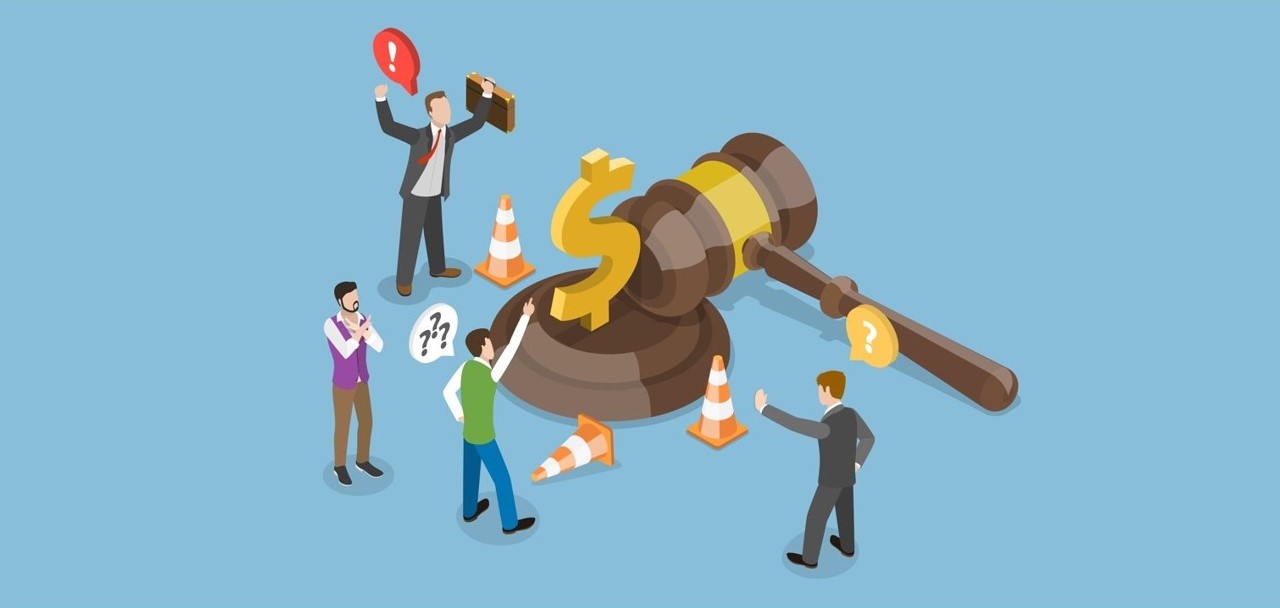By Jeffrey Chan, Stephanie Lai and Emily Kwan
Hong Kong, 7 February 2023: Can suffering a stroke at work constitute “injury by accident” under the Employees’ Compensation Ordinance (Cap. 282) (“ECO”)? It has been a contentious issue brought before the courts on a number of occasions.
Now, in Yu Kwok Wa suing by his next friend Lee Tsui Shan v China Telecom Global Ltd [2023 HKCA 75], a case where the Applicant asserted his stroke was attributable to work stress, the Court of Appeal has dismissed the claim for compensation and provided clearer direction in this area of law. Boase Cohen & Collins represented the employer (Respondent) in this matter.
The Applicant was in his mid-40s and employed as a data centre manager at the time of the incident in 2014. He collapsed at work and was taken to hospital, where he underwent emergency surgery for an intracerebral haemorrhage (“ICH”) in his right brain. While he subsequently regained normal mental capacity, he suffered weakness in the left side of his body and impaired vision, which were considered permanent disabilities.
The Applicant’s next friend – his wife – lodged a claim under the ECO but this was dismissed by the District Court, which found the Applicant did not suffer heightened stress in the period before his injury. His wife took the matter to the Court of Appeal.
The crux of the case was whether the ICH itself could be regarded as the “accident” within the meaning of section 5 of the ECO, which entitles an employee to seek compensation if he or she suffers “personal injury by accident arising out of and in the course of employment”.
The Appellant’s counsel submitted that a number of decisions by UK courts in regard to the Workmen’s Compensation Acts of 1897, 1906 and 1925 had established that “injury by accident” had the same meaning as “accidental injury”.
He pointed out that the wording of section 5 of the ECO was taken from the Workmen’s Compensation Acts and that the statutory scheme in the UK had been altered since 1946 with a materially different wording. Therefore, he contended, the court should seek guidance from the pre-1946 UK authorities rather than those decided on subsequent statutes. Applying this approach, the ICH in this case was both the accident and the injury, he asserted.
The Court of Appeal rejected this argument, stating: “We are not called upon to interpret the different wording found in subsequent UK legislation and it will not be fruitful to try to decipher the precise effect of the change in wording.”
Further, the judges disagreed that accident and injury could be the same event, citing two Court of Final Appeal judgments. First, in LKK Trans Ltd v Wong Hoi Chung [(2006) 9 HKCFAR 103], the Honourable Mr Justice Roberto Ribeiro held: “Plainly, this section [Section 5(1)] requires a causal connection first, between the employment and the accident (so that the accident arises ‘out of’ the employment) and between the accident and the injury suffered by the employee: the accident must cause the injury. None of this is controversial.”
Later, in Sit Wing Yi Sibly v Berton Industrial Ltd [(2013) 16 HKCFAR 105], the Honourable Mr Justice Kemal Bokhary stated: “It is undoubtedly the law that the accident must be distinct from the injury, with the accident being at least a contributory cause and the injury being the effect.”
The Court of Appeal observed that there may be cases where the elements of accident and injury overlap. Further, where the accident comes about through the employee’s own activity, the distinction between accident and injury may be more subtle. But “the distinction can still be identified”. It affirmed that the District Court judge “was right to look for an incident or incidents that had a causal link to the injury in question”.
The appeal judges concluded: “For the injury to come within the ECO, there must be some evidence, at least sufficient to support an inference, that the stroke had something to do with the applicant’s work, but there is simply none here.”
In summary, the key takeaway from the Court of Appeal’s ruling is that when seeking compensation under section 5 of the ECO, a claimant must prove that there was an injury by accident and that the accident was distinct from the injury which it caused, with the accident at least a contributory factor and the injury being in effect.
BC&C has a team of experienced and dedicated lawyers specialising in insurance law and personal injury litigation. It is led by Partners Teddy Lam (teddy@boasecohencollins.com) and Jeffrey Chan (jeffrey@boasecohencollins.com).



